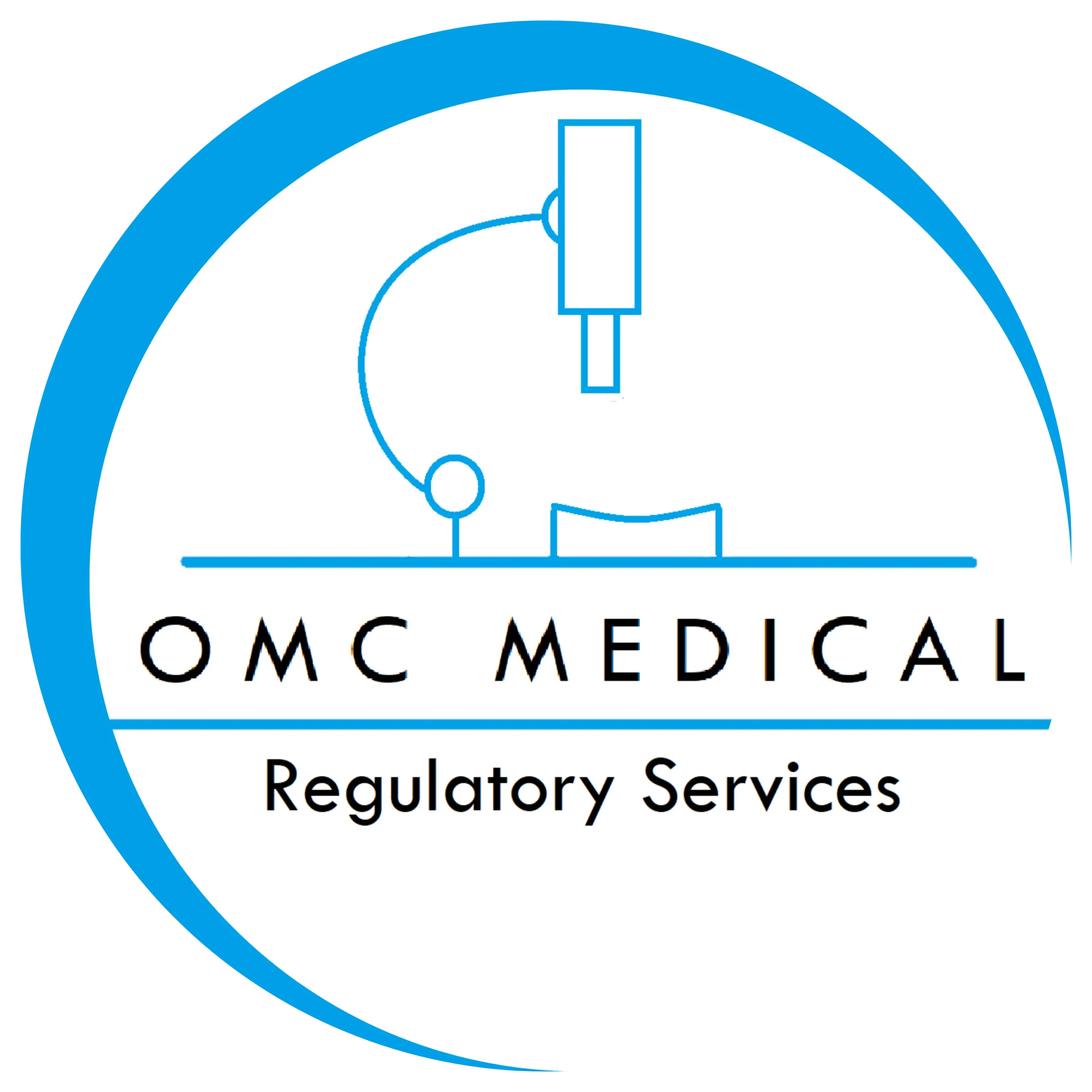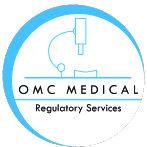Ethiopia Medical Device Regulation
Ethiopia Medical Device Regulation
Ethiopia Medical Device Regulation
Medical Device Registration in Ethiopia: Guidelines, Classes, and Requirements
Regulatory Authority
Ethiopian Food and Drug Authority (EFDA)
The Ethiopian Food and Drug Authority (EFDA) is a federal regulatory body established under Proclamation No. 1263/2021 and regulation No. 531/2023. Its mandate is to ensure public health by regulating food, medicines, medical devices, cosmetics, alcohol, and tobacco products. Before the adoption of these regulations, the Authority regulated products, professionals, premises, and practices.
It now regulates the production, importation, exportation, distribution, market authorizations, certificates of competency, clinical trials, safety monitoring, and administrative measures against non-compliance. With seven branches across the country, EFDA works with regional and city administration regulators.
Link for Regulatory Authority
http://www.efda.gov.et/doc-category/medical-device-guidelines/
Local Regulation
GUIDELINE FOR REGISTRATION OF MEDICAL DEVICES
Classification of Medical Devices
- Medical Devices
| Class | Risk-Level | Example |
| Class I | Low Risk | Surgical retractors / tongue depressors |
| Class II | Low-Medium Risk | Hypodermic needles / suction equipment |
| Class III | Medium-High Risk | Lung ventilator / bone fixation plate |
| Class IV | High Risk | Heart valves / implantable defibrillator |
- IVD
| Class | Risk-Level | Example |
| Class A |
Low Individual Risk and Low Public Health Risk |
Clinical Chemistry Analyzer, prepared selective culture media |
| Class B | Moderate Individual Risk and/or Low Public Health Risk | Vitamin B12, Pregnancy self-testing, Anti-Nuclear Antibody, Urine test strips |
| Class C |
High Individual Risk and/or Moderate Public Health Risk |
Blood glucose self-testing, HLA typing, PSA screening |
| Class D | High Individual Risk and High Public Health Risk | HIV Blood donor screening, HIV Blood diagnostic |
Listing or Registration Requirements
- A Local Representative, representing the manufacturer to the Regulatory Authority, should be appointed.
- The Local Representative should hold a license (issued by the Ministry of Trade) and a certificate of competence (issued by FMHACA) at the time of importation of the product.
- Application procedure must be performed by the Local Representative.
Documents Required for Ethiopia Medical Device Regulation
- Application form dated and signed by an authorized representative of a company. A form shall contain the name of the medical device subject to review.
- List of devices covered by the scope of application, together with additional information about them (e.g., generic and brand names, model, intended use, class under the risk-based classification, etc.).
- Authorization letter and agency agreement – in case of the application submitted not by the manufacturer itself, but by its authorized representative. This applies in the case of foreign manufacturers.
- Marketing authorization status in other countries. The applicant shall also provide a list of countries in which the medical device in question is allowed to be marketed and used. Additionally, it is necessary to provide details about all changes to the regulatory status of the product, including withdrawals. The applicant shall provide exhaustive information about the marketing history of the product and approvals granted by foreign national regulating authorities in the sphere of medical devices.
- Product information, including packaging and labeling. The applicant shall also submit the samples of the package insert and labeling to demonstrate their conformity with the Ethiopian requirements for medical device labeling. The information contained in labeling should be provided in English or Arabic and should also meet the claims made by the manufacturer regarding the intended use of the medical device and its features. All statements made by the manufacturer should be based on the appropriate scientific justification.
- Quality Management System certificate confirming that the quality management system implemented by the manufacturer complies with the applicable requirements. The document should be issued by the recognized entity.
- Free Sale Certificate or Certificate of Marketing Authorization. In addition to the marketing history, an applicant should provide valid certificates issued by the national authority of the jurisdiction when the product is approved for marketing and use.
- Declaration of Conformity (DOC).
Registration Timeline
3 – 6 Months
Registration Fee
- New product registration: USD 65 (including dossier pre-screening and evaluation)
- Minor variation: USD 15
- Major variation: USD 20
- Annual retention fee (renewal): USD 30
License Validity
4 Years
Special Labelling Requirements
All the documents and labeling must be provided in English.
Additional Comments
Product Registration and marketing experience at least in a Country other than the Country of origin is required.
Essential Principles for Safety and Performance
The fundamental principles of safety and performance for medical devices outline core design and manufacturing criteria essential to ensuring that a medical device is both safe and functions according to its intended purpose, as specified by the manufacturer. Manufacturers bear the responsibility of demonstrating adherence to these essential requirements for safety and performance.
Conformity Assessment
The objective of conformity assessments is to furnish concrete evidence regarding the safety and performance of medical devices. These assessments are conducted at various points in the lifecycle of the medical device, aligning with relevant regulatory requirements. The process and findings of conformity assessments undergo thorough scrutiny by the EFDA, with the level of EFDA involvement contingent on the associated risk of the device. Key elements of conformity assessment encompass:
- Quality Management System
- Post-Market Surveillance System
- Technical Documentation
- Declaration of Conformity
- Registration of manufacturers and their medical devices by the regulatory authority
Who should make this Communication?
- Manufacturer
- Authorized Representative
When to make this Communication?
Before placing a medical device into the market.
How OMC Medical can assist you with the process?
- Act as your Authorized representative
Why Choose Us?
- Working towards client satisfaction
- Cost effective solutions
- Project completion before deadline
- Quality Regulatory affairs solutions
Contact us for free consultation: info@omcmedical.co.uk
Quick Contact
If you have any questions or need help, feel free to contact with our team.
©2024 OMC Medical, All Rights Reserved. With Love by 7oroof.com

Our team will be happy to respond your queries. Contact us directly with your questions or for scheduling FREE consultation and we’ll be in touch as soon as possible.
Quick Contact
If you have any questions or need help, feel free to contact with our team.

Our team will be happy to respond your queries. Contact us directly with your questions or for scheduling FREE consultation and we’ll be in touch as soon as possible.
Quick contact
- info@omcmedical.co.uk
-
0044 7719761764
0044 2080667260 - Planet House, North Heath Lane, Horsham, West Sussex RH12 5QE

Our team will be happy to respond your queries. Contact us directly with your questions or for scheduling FREE consultation and we’ll be in touch as soon as possible.
Our Branches
- Switzerland
- Europe (Northern Ireland)
- Asia
- Canada
- Brazil
- Middle East
- China
- Turkey (Partner Office)

To launch a medical device in a country, medical devices must comply with the local country’s regulatory requirements. Let us be your trusted partner in bringing your medical devices to the Global market. Contact us today to learn more about how we can assist you in every step of the way.
Our Branches
- Europe
- Asia
- Africa
- Oceania
- South America
- North America
- Planet House, North Heath Lane, Horsham, West Sussex RH12 5QE
- Planet House, North Heath Lane, Horsham, West Sussex RH12 5QE


